“Sustainability is a topic that has been a focal point for our consumers, customers and employees for years. Tetra is one example of a brand and manufacturing site that has been committed to sustainable efforts,” stresses Lucas Dutton, communications manager for aquatics and project coordinator at Tetra. Now, the globally leading aquatics company has established a dedicated sustainability council to drive sustainable business practices further and anchor the topic within its corporate culture. “The council aims to create and nurture a culture of change by inviting the entire company to participate,” says Dutton. “Clearly, Tetra is a brand that’s closely connected to nature as it is our mission to bring nature closer to people by enabling them to enjoy the fascination of aquatics and fishkeeping at home. So, implementing sustainability as a core value in our culture is an obvious step.”
The council includes leaders of all relevant departments, such as operations, sourcing, packaging and product management, to ensure all related efforts and initiatives are coordinated to create sustainable business developments.


Numerous initiatives
While the council is new, Tetra’s commitment to sustainability is not. In fact, Tetra has executed numerous initiatives over the past few years. Take the following examples:
- Since 2010, Tetra has exclusively used green electricity from water power, saving up to 2 500 tons of CO2 per year (the equivalent of the annual CO2 emissions of 315 people)
- Since 2014, Tetra has implemented the ISO 50001 energy management system, which influences organisational and technical processes to improve energy efficiency systematically and continuously
- Since 2017, Tetra’s production has been IFS Food-certified. This international standard assesses the quality and safety of the company’s products with its rigorous testing and strict guidelines
- Tetra constantly evaluates and optimises production processes, such as implementing heat recovery, to reduce energy consumption and emissions further.
- Packaging is another crucial factor in sustainability efforts. In 2014, Tetra began optimising packaging to reduce plastic and incorporate more recycled materials. Some examples include: Reducing the thickness of food tins, which has saved more than 27 000 kg of plastic material
- Converting the tins for TetraMenu products from PS to PP, which has saved approximately 2.5 tons of plastic
- Implementing corrugated cardboard packaging material, which is made of an FSC mix that contains at least 70 per cent recycled content.
To consistently drive efforts in this area, Tetra uses recycling capability assessment tools such as Eko-Punkt and the Recycling Compass, which have helped save more than 60 tons of plastics annually. “We are still in the early stages of the council’s work, but we are very confident that by coordinating all initiatives, we will further implement sustainable business practices,” says Dutton.

 Menü
Menü

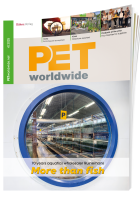



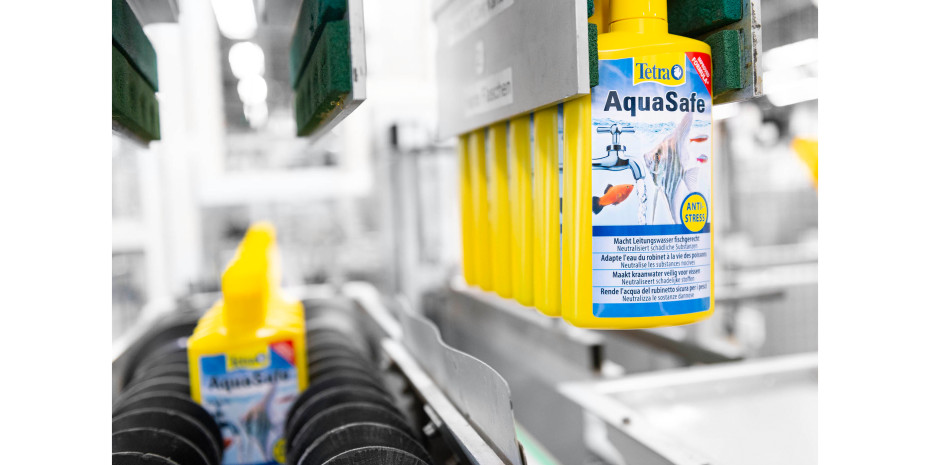

 4/22
4/22




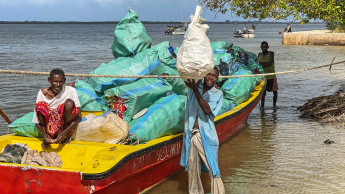
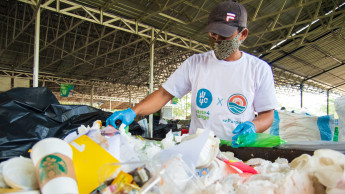
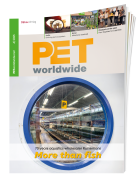
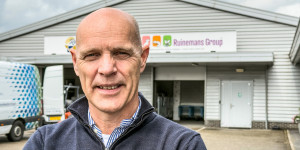
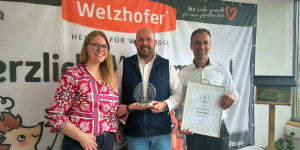


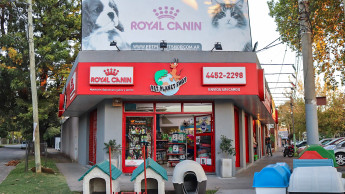
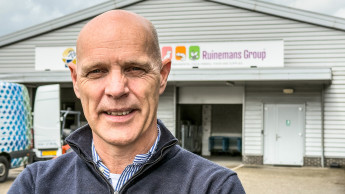
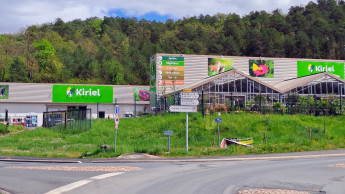
 Newsletter
Newsletter